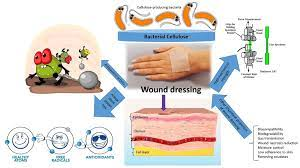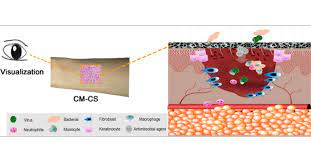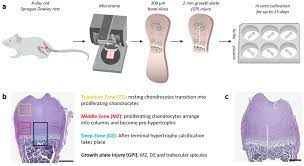Treating Injury Wounds at Eid Sacrifices
During Eid al-Adha, it is common for Muslims to perform animal sacrifices as part of their religious observance. While these sacrifices are intended to be carried out safely and with utmost care, there is still a possibility of injury wounds occurring during the process. If you encounter an injury wound at an Eid sacrifice, it is important to administer appropriate treatment to prevent infection and promote healing. Here are some guidelines to follow:
Ensure personal safety: Before attending to any injury, make sure you are wearing appropriate personal protective equipment, such as gloves and possibly a face mask, to prevent the spread of diseases and minimize the risk of contamination.
Control bleeding: If the wound is actively bleeding, apply gentle pressure to the area using a clean cloth or sterile dressing. Elevate the wound if possible, as this can help reduce blood flow. Maintain pressure until the bleeding stops, or seek medical assistance if the bleeding is severe or does not subside.
Clean the wound: Once bleeding has been controlled, gently clean the wound with mild soap and clean water. Use a soft cloth or sterile gauze to remove any debris or dirt from the wound. Avoid using harsh chemicals or antiseptics, as they may further damage the tissue.
Apply an antiseptic: After cleaning, apply an antiseptic solution like hydrogen peroxide or an iodine-based antiseptic to the wound. This helps to kill any bacteria and reduce the risk of infection. Be sure to follow the instructions on the antiseptic product and use it sparingly.
Dress the wound: Use a sterile dressing or clean cloth to cover the wound. This will protect it from further contamination and provide a conducive environment for healing. Change the dressing regularly, at least once a day or more frequently if it becomes soiled or wet.
Monitor for signs of infection: Keep a close eye on the wound for any signs of infection, such as increased redness, swelling, pus, or excessive pain. If you notice any of these symptoms, it is important to seek medical attention promptly.
Seek professional medical care if necessary: If the wound is deep, large, or shows signs of severe bleeding, it is advisable to seek medical care from a healthcare professional. They can provide appropriate treatment, including stitches or further wound management if needed.
Remember, these guidelines are not a substitute for professional medical advice. If you are unsure about how to treat an injury wound or if you have any concerns, consult a healthcare professional for accurate diagnosis and treatment.





No comments:
Post a Comment